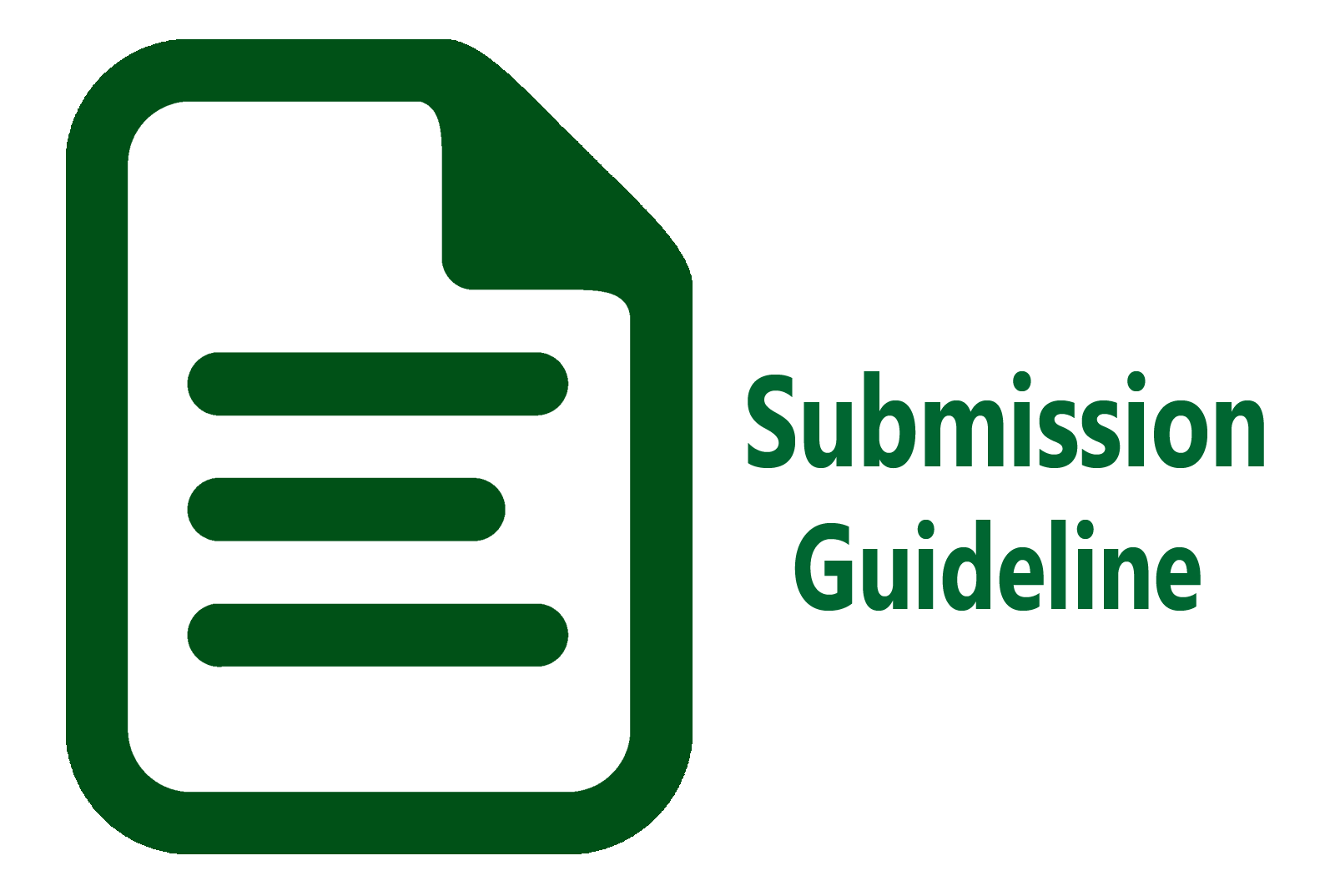Analisis Literasi Teknologi Informasi Guru Matematika Sekolah Menengah Atas di Buton Tengah Ditinjau dari Aspek Manajemen Pendidikan
Abstract
In the era of information development based
of advances in information, as well as in the realm of preparation. In learning, the utilization and utilization of information progress is very important in supporting the smooth running of training and instructive meetings. So that the limitation of the ability of teachers in developing information is very important and must be done. This study aims to describe the level of progress in secondary school mathematics teacher training information in Buton Tengah and identify the components that influence it. The investigative methodology used is a constructive abstract strategy. The exploratory test was 41 high school mathematics educators in Central Buton who were taken using a purposive testing strategy. Techniques to find out surveys and data collection. The results showed that the level of information development capacity of secondary school mathematics teachers in Central Buton Regency was still relatively low. One of the factors that affect mechanical training is the lack of preparation to take advantage of the development of information technology.
Keywords: Information Technology Literacy, Mathematics Teacher, Educational Management
Full Text:
PDF : 123 - 131References
Aminy, M.Z. (2015).Pemanfaatan Media Internet sebagai Sumber Belajar Mahasiswa Program Studi Pendidikan Matematika di STKIP Bima. Jurnal KIP, IV (2), 927-932. Helaludin.(2019). Peningkatan Kemampuan Literasi Teknologi dalamUpaya Mengembangkan Inovasi Pendidikandi Perguruan Tinggi. Jurnal Pendais, 1(1), 44-
Nasution, S.H. (2018). Pentingnya Literasi Teknologi bagi Mahasiswa Calon Guru
Matematika. JKPM (Jurnal Kajian Pembelajaran Matematika), 2(1), 14-18.
Saman, M.I., Koeshandayanto, S., Sunaryono, Razak, A., dan Rosdiana. (2019). Eksplorasi Literasi Teknologi Informasi dan Komunikasi Siswa melalui Blended Learning Fisika. Jurnal Pendidikan, 4(1), 79-84.
Suhendi, HN., Wahidah, SK., Linda, dan Novita, Y. (2017). Profil Kemampuan Literasi teknologi Peserta Didik SMA di Kota Bandung. JoTaLP : Journal of Teaching and
Learning Physics, 2(2), 01-06.
Setyawan, I.A. (2018). Kupas Tuntas Jenis dan Pengertian Literasi. Online: gurudigital.id. Alt, D. (2018).Science teachers' conceptions of teaching and learning, ICT effificacy, ICT
professional development and ICT practices enacted in their classrooms. Teaching and Teacher Education, 73, 141-150.
Astini, N.K.S. (2019). Pentingnya Literasi Teknologi Informasi dan Komunikasi bagi Guru Sekolah Dasar untuk Menyiapkan Generasi Milenial. Prosiding Seminar Nasional Dharma Acarya ke-1, ISBN 978-602-53984-1-4.
Fathurrohman.(2020). Kompetensi Guru pada Teknologi Masih
Rendah.https://fin.co.id/2020/02/07/kompetensi-guru-pada-teknologi-masirendah/. Ifinedo, E., Rikala, J.,& Hamalainen, T. (2019). Factors affecting Nigerian teacher
educators’ technology integration: Considering characteristics, knowledge
constructs, ICT practices and beliefs. Computer and Education, 2-56.
Insetyonoto. (2020). Guru harus Melek Literasi Teknologi Pembelajaran. https://www.gatra.com/detail/news/484282/milenial/guru-harusmelek-literasi- teknologi-pembelajaran.
List, A., Brante, E.W.,& Klee, H.L. (2020). A framework of pre-service teachers’
conceptions about digital literacy: Comparing the United States and Sweden. Computers and Education, 148, 1-20.
Saparudin, Y. (2018). Upaya Meningkatkan Kemampuan Literasi Teknologi Guru SMA
melalui Supervisi Akademik Kreatif. Prosiding Internation al Conference on
Education and Regional Development 3rd (ICERD) UPI, 1-14. ISBN :978-602-425-
-0.
Yulianti, R.Y. (2019). Model Kepengawsan Sekolah untuk Meningkatkan Literasi
Teknologi Guru SMPN 43 Bandung. Syntax Literate, 4(2), 99-109.
Zainurrisalah, T.F., Suwarma, I.F., dan Jauhari, A. (2018). Mengukur Kemampuan Literasi Teknologi dan Rekayasa (Engineering) Melalui Penerapan Pembelajaran STEM dalam Fisika. Prosiding Seminar Nasional Fisika (SINAFI) UPI, 131-135. ISBN:
-602-74598-2-3.
Refbacks
- There are currently no refbacks.
This work is licensed under a Creative Commons Attribution 4.0 International License.
INDEXING:


